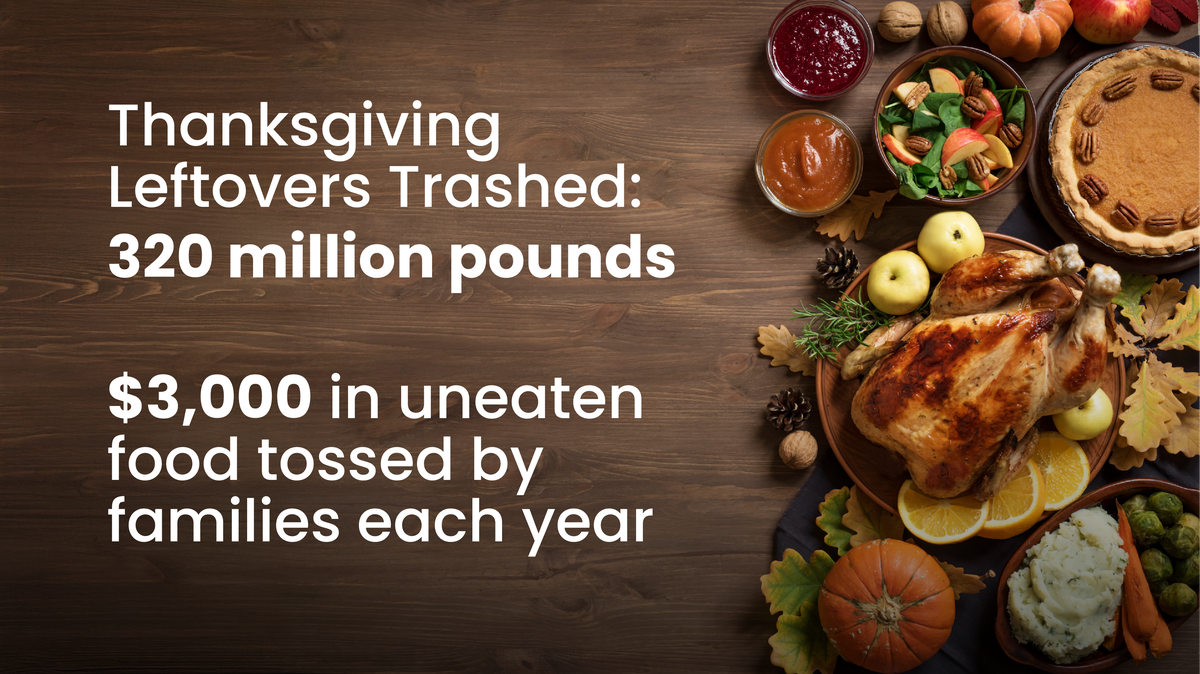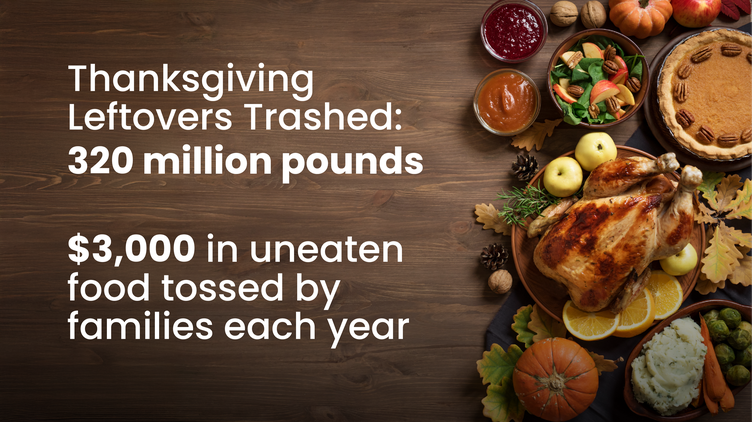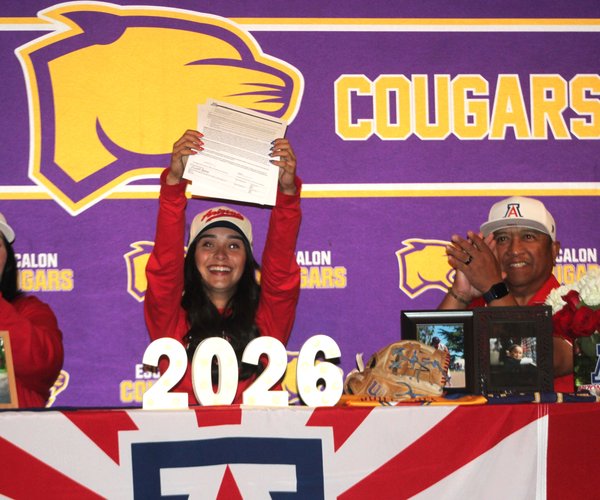On average, families throw away $3,000 worth of food each year, and about 320 million pounds of turkey, potatoes, and other Thanksgiving side dishes end up in the trash. The amount of waste increases by nearly 25 percent between Thanksgiving and New Year’s.
This Thanksgiving, Californians can celebrate more and waste less with just a few simple changes that help stretch the budget and protect the planet.
“Reducing food waste during the holidays is one small step every Californian can take to save money and make a big impact,” said CalRecycle Director Zoe Heller. “Keeping food out of landfills reduces pollution and honors the water, energy, and labor that went into growing, transporting, and preparing it.”
Tips for a less wasteful Thanksgiving
Ditch disposables – Use durable utensils, tableware, and decorations that you can reuse.
Make use of leftovers – Ask your guests to bring reusable containers so they can take food home. Leftover food can be kept in the refrigerator for up to four days.
Freeze what you can’t eat – Make leftovers last even longer by freezing them. The U.S. Department of Agriculture offers helpful safety tips for freezing food.
Compost food scraps – Food that cannot be preserved is deposited in the green bin, not the trash bin. Ninety-seven percent of legally mandated communities in California have organic waste recycling to convert food scraps into compost or energy instead of pollution. Label food scrap bins for guests.
Trade beverage containers for cash – Place labeled containers to collect CRV beverage containers so you can exchange them for cash at a recycling site once the party is over. Containers of wine, liquor, and juice are now worth cash, too.
Plan ahead – Check your refrigerator first and buy only what you need. Stock enough food for unexpected visitors and large appetites.
Small steps, big impact
California is making strides in reducing climate pollution generated by landfills by recycling organics and rescuing unsold food for neighbors in need. Since the requirements went into effect in 2022:
Ninety-seven percent of the forced communities now recycle food and other organic materials.
Expanded food recovery programs save more than 700 million meals for families.
California will reduce the climate pollution equivalent to three million cars each year when fully reaching its goal of recycling organic matter and rescuing food.





